
Today we’d like to introduce you to Kelly Murtagh.
Hi Kelly, it’s an honor to have you on the platform. Thanks for taking the time to share your story with us– to start maybe you can share some of your backstory with our readers?
Growing up, my favorite way to play was to sing and play pretend. You could often catch me costumed, pretending to be anything from a cat to a princess to a ninja turtle singing made-up songs in make-believe worlds.
Pretending felt fun and free. I’m very empathic and sensitive and as a young kid with big feelings, I began to hear things like “You’re too emotional” “You’re so dramatic.” In my little kid’s brain, it started to feel like it was wrong to have feelings. Gradually, I began to internalize those stories and believe that something was deeply wrong with me. In an effort to be accepted, I subconsciously fell back on something I knew so well. I played pretend.
As I got older, I became adept at becoming a chameleon, morphing myself into how I thought people wanted me to be. I kept an air-tight lid on my emotions in an effort to feel safe, trapping myself in my own pressure cooker. Controlling myself like this worked for a while. But, eventually, all those stuffed-down feelings had to erupt. In my freshman year of high school, I developed bulimia.
An eating disorder became my addiction, or just another way to (try to) control myself. It’s not about the food or body image, those are just more places for control to weave its sticky web. To me what motivates addiction is an effort to avoid feeling pain, and in my experience, the shame of not being “perfect enough.” Bulimia is where I finally lost control. It was a horrendous haven where I didn’t have to be good or perfect. I binged and purged and felt relief; albeit briefly, it was relief, nonetheless. Then the shame started up again, this time for having an eating disorder to begin with. After every purge, I’d promise to better control myself and never lose control again. But, because I believed control equaled safety and perfection equaled love, there was nowhere else for me to go except to hop back on my malicious merry-go-round. Inevitably, the cycle continued.
Despite my addiction, my ability to sing was one thing I’d loved about myself from a young age. Singing was my respite, music was my haven. Shame kept me struggling with bulimia as I moved into college. In an effort to feel better my senior year, I signed up for voice lessons. It didn’t go well. Warming up, I failed to hit and hold notes and had almost no breath control. Five minutes in, my teacher recommended I get my vocal cords checked. I did. After the doctor told me I had “damaged vocal cords”, I couldn’t speak and I definitely couldn’t face the truth. Seeking shelter from the pain, I dove deeper into the illness. No matter how hard I tried, I couldn’t stop throwing up. I did, however, stop singing for almost a decade.
Eventually, thankfully, I was fortunate enough to go to eating disorder treatment in my early twenties. I found healing there as I felt the power of the shared experience of not being alone. It’s also where I had the spark of an idea to create a film depicting the reality of an eating disorder told through the lens of a singer losing her voice to bulimia, which many years (and relapses) later became Shapeless.
Shapeless is a feature-length film that I co-wrote, produced and starred in which was chosen as one of only six fellows for The Gotham (formerly IFP) Narrative Lab in 2020 and had its world premiere at Tribeca Film Festival in 2021. Collaborating with some of the most talented, empathetic and creative artists I’ve come to know, the film became a reality one baby step at a time. Shapeless is about Ivy, a struggling singer in New Orleans trapped in the hidden underworld of bulimia, who must face her addiction or risk becoming a monster. It’s an authentic, empathetic portrayal of someone struggling with an eating disorder told in a surreal way birthed from my experience. I’m eternally thankful for my experience with Shapeless because not only was it a cathartically healing experience, it brought me back to singing.
About a year before writing a first draft of Shapeless, I was newly married to fellow producer and co-star of Shapeless, Bobby Gilchrist. I became pregnant with our daughter and it was then that I felt a calling to meditate. The first time I did it, I felt the teensiest glimmer of peace from the constant soundtrack of overthinking and the hateful stories I was telling myself. I was hooked, often listening to sound healing meditations. It was in that space that I creaked the door open to feel a reconnection to my spirit: the presence behind the soundtrack in my head. I slowly started to question my current narrative of self- flagellation for not being perfect and started to affirm that I deserved to love myself as I allowed music to heal my deepest wounds.
It wasn’t until Fallon was born that I felt brave enough to finally face myself and write. When she was four months old, I remember holding her in my arms and not only feeling the immense, unconditional love I have for her but also utter terror. How could I save her from going through what I went through? The answer was to be honest, to be vulnerable, and to finally write a first draft of a story I’d thought of long ago. Thankfully, that first draft caught the attention of my dream director, Samantha Aldana, and we began developing the project.
It wasn’t until deep into the pre-production process that I had to face myself and sing. Terrified was an understatement. The shame I felt from “ruining” my voice from bulimia was a huge hurdle. I’m so thankful to my dear voice teacher, Caroline Fourmy, who held me in such compassion and safety that I was finally able to sing softly. The more I sang, the more I got in my body and into my heart. Singing felt like home. In making a movie about a girl losing her voice, I rediscovered mine.
My music journey has continued beyond Shapeless. Bobby and I have now since divorced and we thankfully, respectfully co-parent our daughter together. The depth of grief and fear that comes with walking away from a marriage and rebuilding after divorce and entering single motherhood is almost indescribable. Now, I understand the only way through is through. I let myself cry and scream into pillows and I allow myself to feel all of my feelings. Therapy helps. Meditation helps. Breathwork helps. Music definitely helps. I strum loudly on my guitar and bang on my piano and sing the blues when I need to. Music holds me where words fall short. Music is magic. Music is medicine. I’m living proof.
I’ve started to write my own music as well as with my incomparable partner, exceptionally talented singer- songwriter and multi-instrumentalist Will Dickerson. We are in a long-distance relationship and his music, as well as what we’ve written together, holds me in such a deep way when we are unable to see each other. Through his unconditional love, compassion and support, I’ve felt safe enough to sing in public. We perform together, which not only is a dream come true, it is a reclamation of my soul. I truly believed I’d damned myself to never sing again because I’d ruined it with addiction. Every time I drop into my heart and allow myself to sing, I heal.
I believe in the medicine of music so much I recently trained to be a sound meditation guide. I use a variety of instruments and my voice to make space for others to be held by music. I’m also training to become a breathwork facilitator with my incredible practitioner, Jodi Joy. I would love to create an offering that combines breath and sound and dream of providing services to people in treatment facilities and especially those struggling with eating disorders. I’d also love to create something for kids and teens too. I believe breath and music can be gateways to that place behind the thoughts, feelings and stories. The place where love is already there; always, no matter what. I wish that through my story and experience, I can shine a light to help others heal.
We all face challenges, but looking back would you describe it as a relatively smooth road?
My greatest obstacle? Me.
When I believe that the mean voice in my head is “me”, my inner critic becomes the driver of my life, taking me for a harrowing ride on its favorite mode of transportation, the “shame train.” We speedily spiral between the stations of self-punishment and perfectionism until we hurdle off a cliff, crashing into a chasm of depression and punishment paralysis. Shame wins again and I become trapped in a cage of my own making.
Although I’m no longer engaging in eating disordered behaviors, the energy of the disorder still shows up which looks a lot like what I described above; all in an effort to control me and on some level to “keep me safe.” Shame has motivated me to fix, perform, control, contort and constrict myself, to be “perfect” in order to be loved.
I’ve put so much pressure on myself to please others and “be good” so I can feel accepted that I’ve denied the parts of myself that make me human. To be human is to be a paradox of polarities and dualities, experiencing the full spectrum of dark and light. The more work I’ve done to understand that I am not my thoughts, feelings or the mean voice in my head but the quiet, still presence behind them, the more I become my greatest ally; to accept that there is no such thing as “I shouldn’t be feeling this way.” That is just shame masquerading in my life again. Recovering from a lifetime of addiction comes with feeling a lot of feelings as I release the energy I never allowed myself to feel. Where I get tripped up is when I pile stories and beliefs on top of the emotional experience I’m having. The more I’ve been able to lovingly create space to feel and allow authenticity through vulnerability, the more I heal.
Thanks for sharing that. So, maybe next you can tell us a bit more about your work?
I am a mom first 🙂 You can rent/buy Shapeless on AppleTV and Amazon Prime and stream it for free on Tubi. My children’s book Zoo Krewe makes a great baby shower gift and is available on Amazon, Barnes and Noble and in local bookstores across Louisiana. Look out for me performing with my partner Will Dickerson in New Orleans and Southern California and check out Will’s debut album “Welcome to Rocktavia” on all major platforms. You can also catch me teaching Yoga barre at Westlake Yoga Co., as well as guiding sound meditations there and in my own studio in Thousand Oaks, CA.
Contact Info:
- Instagram: @kellymurtagh @shapelessthefilm @soundsongserenade
- Twitter: @kellymurtagh
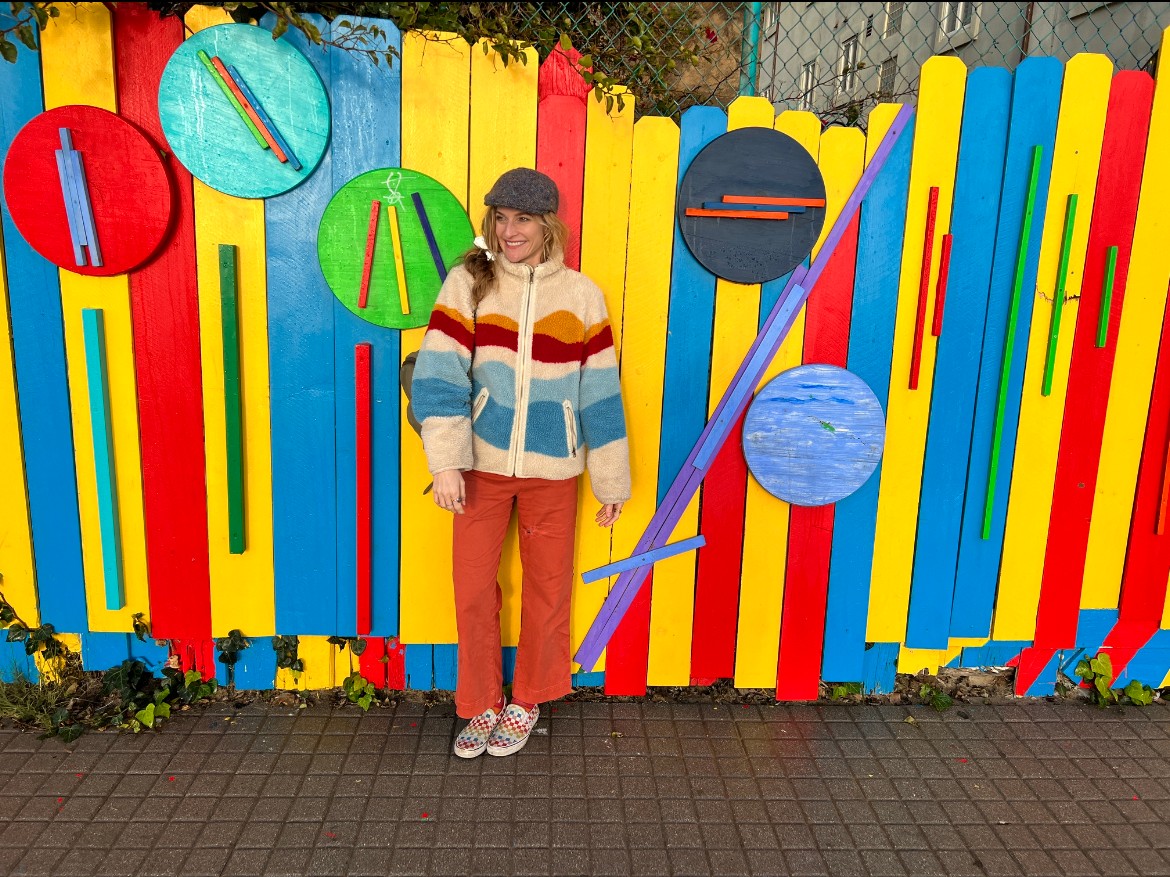
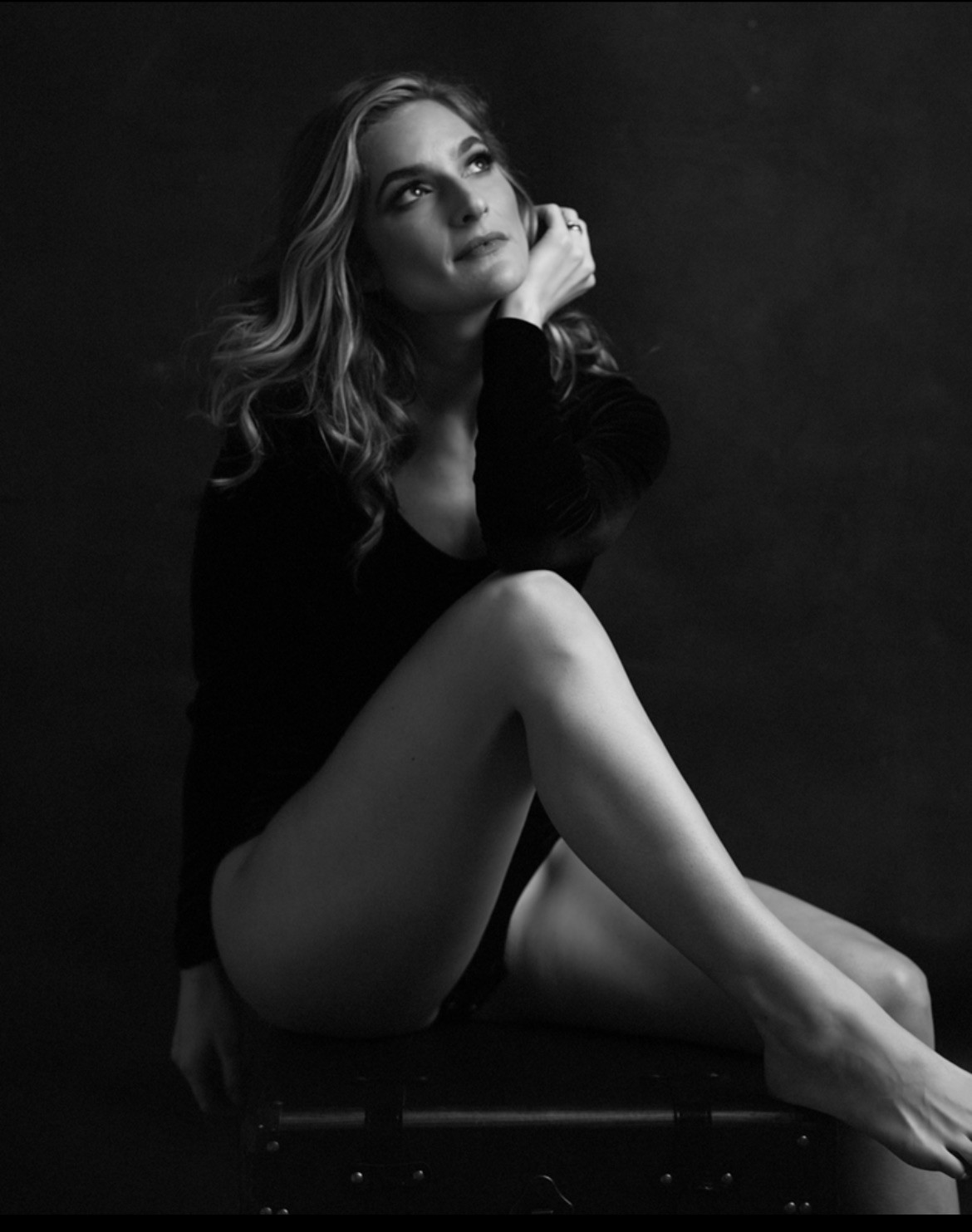
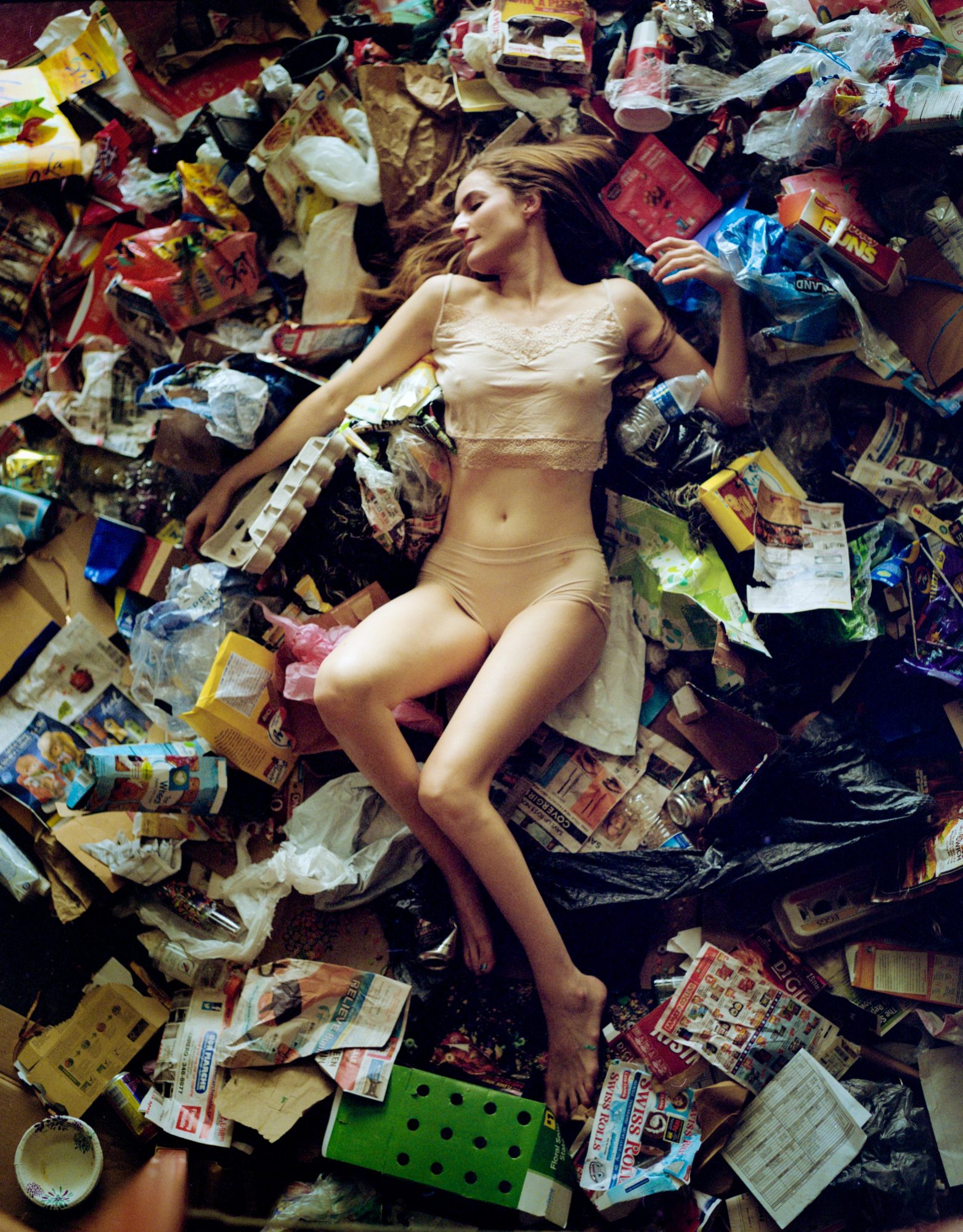
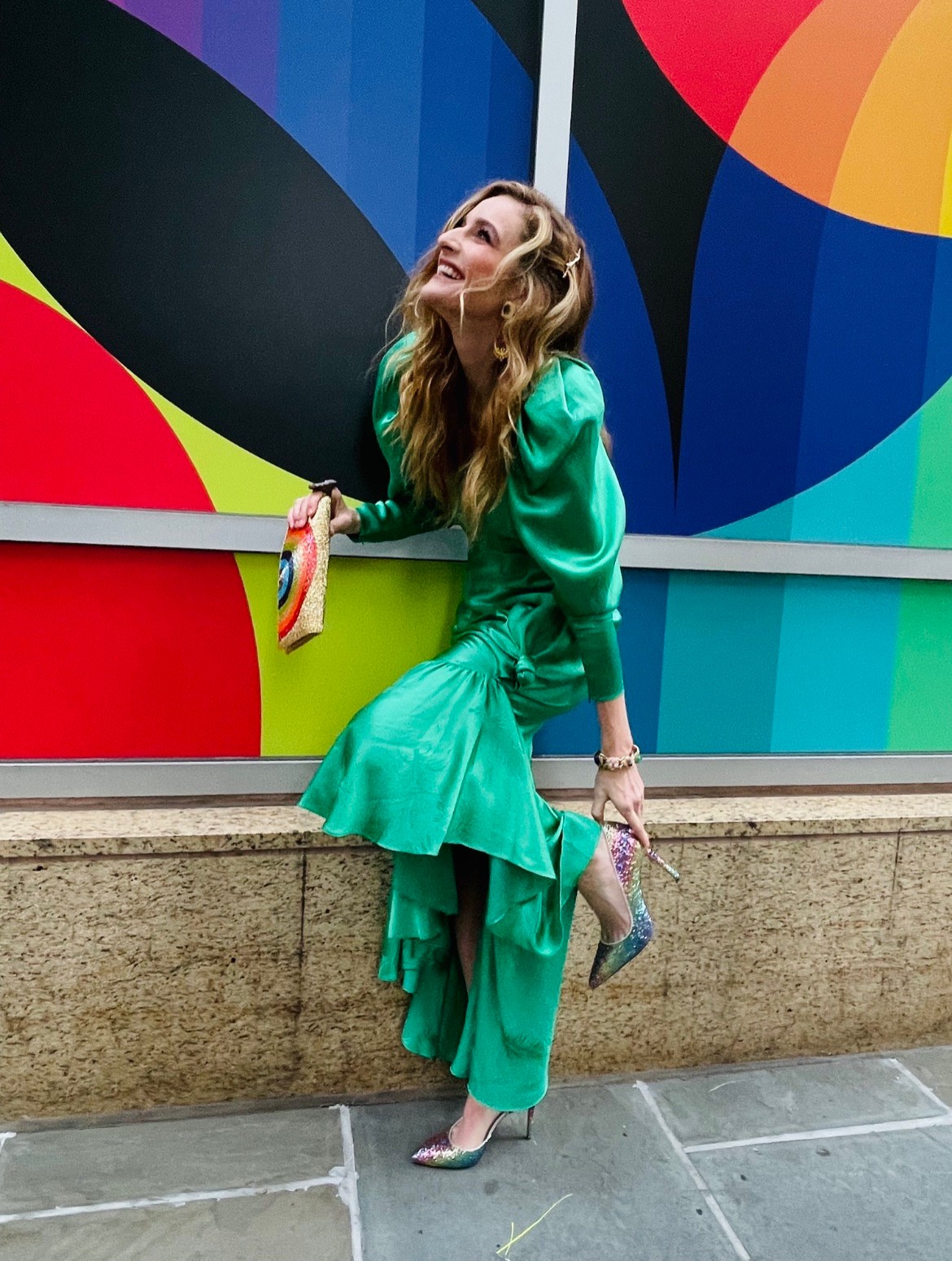
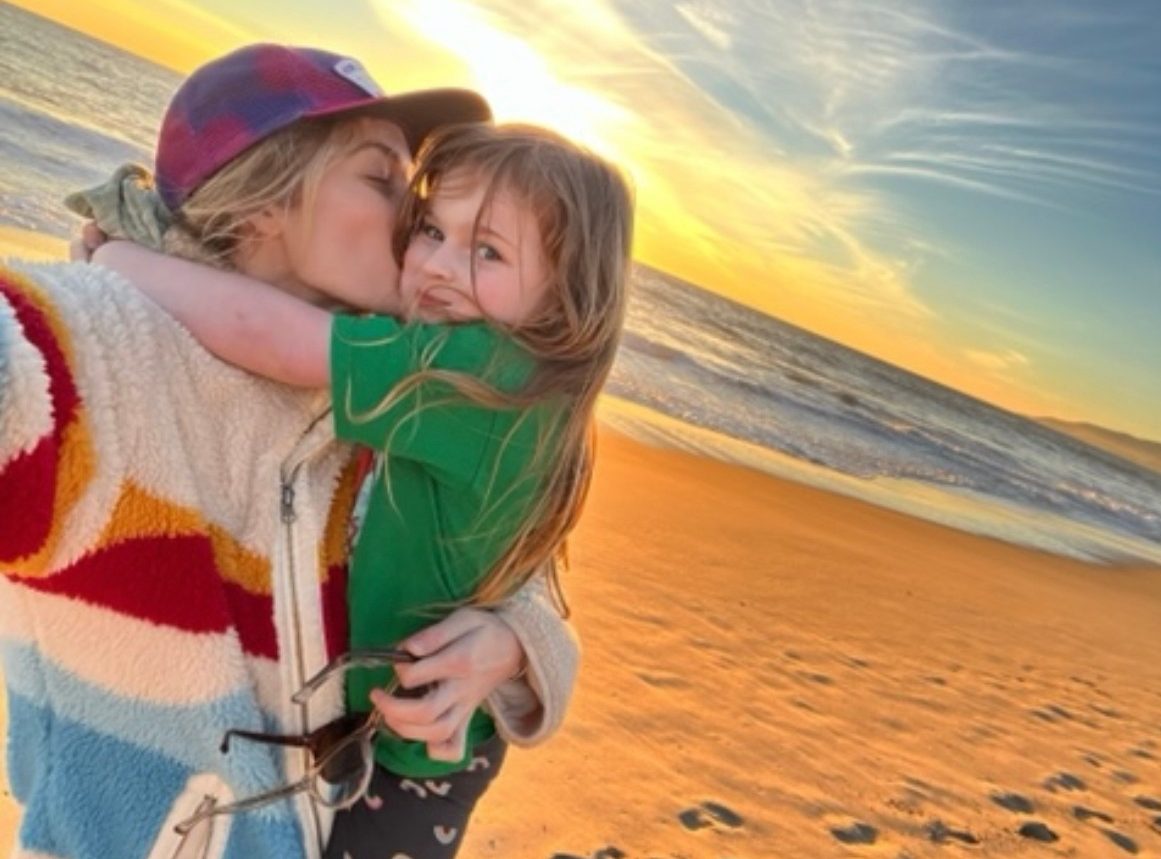
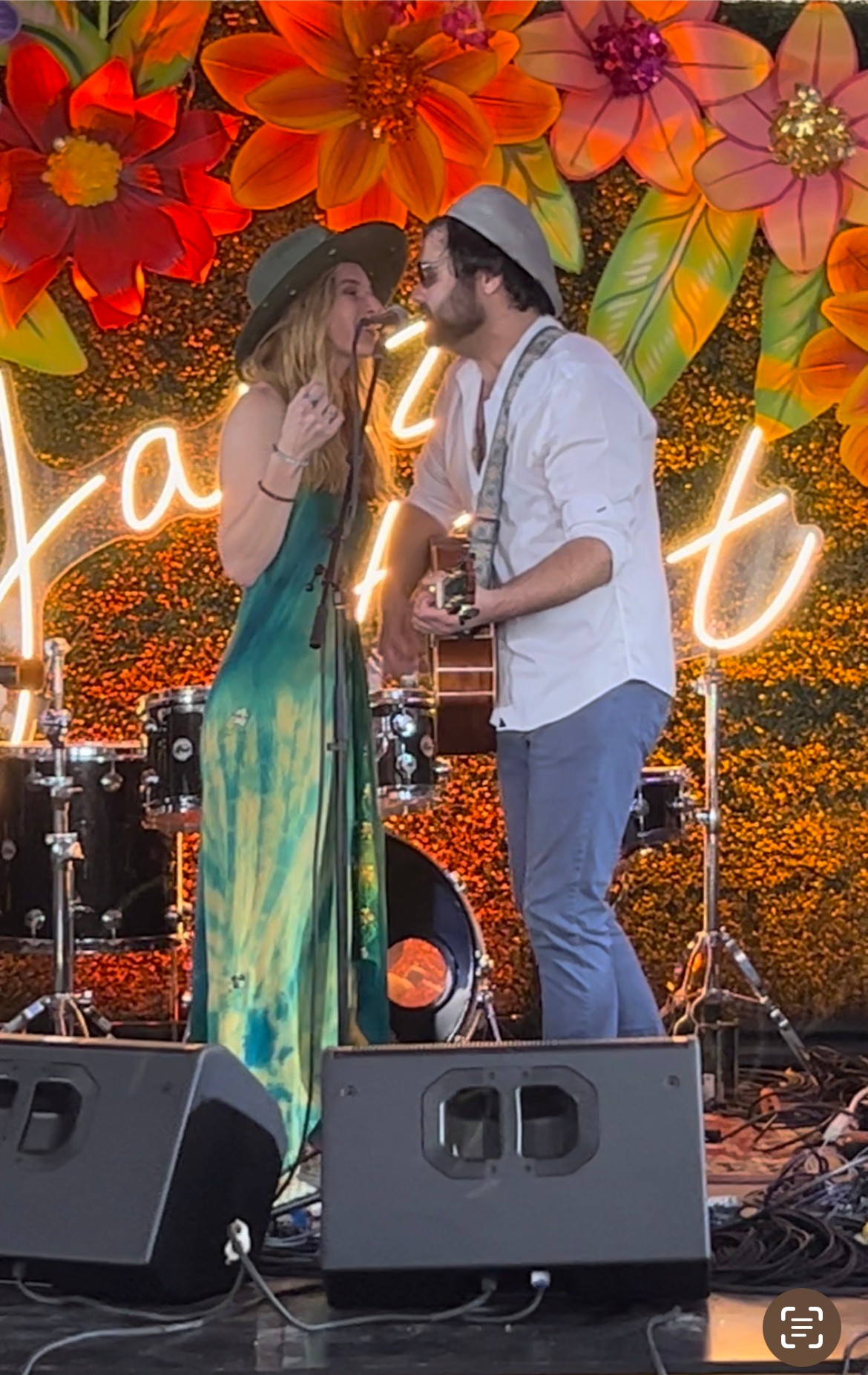
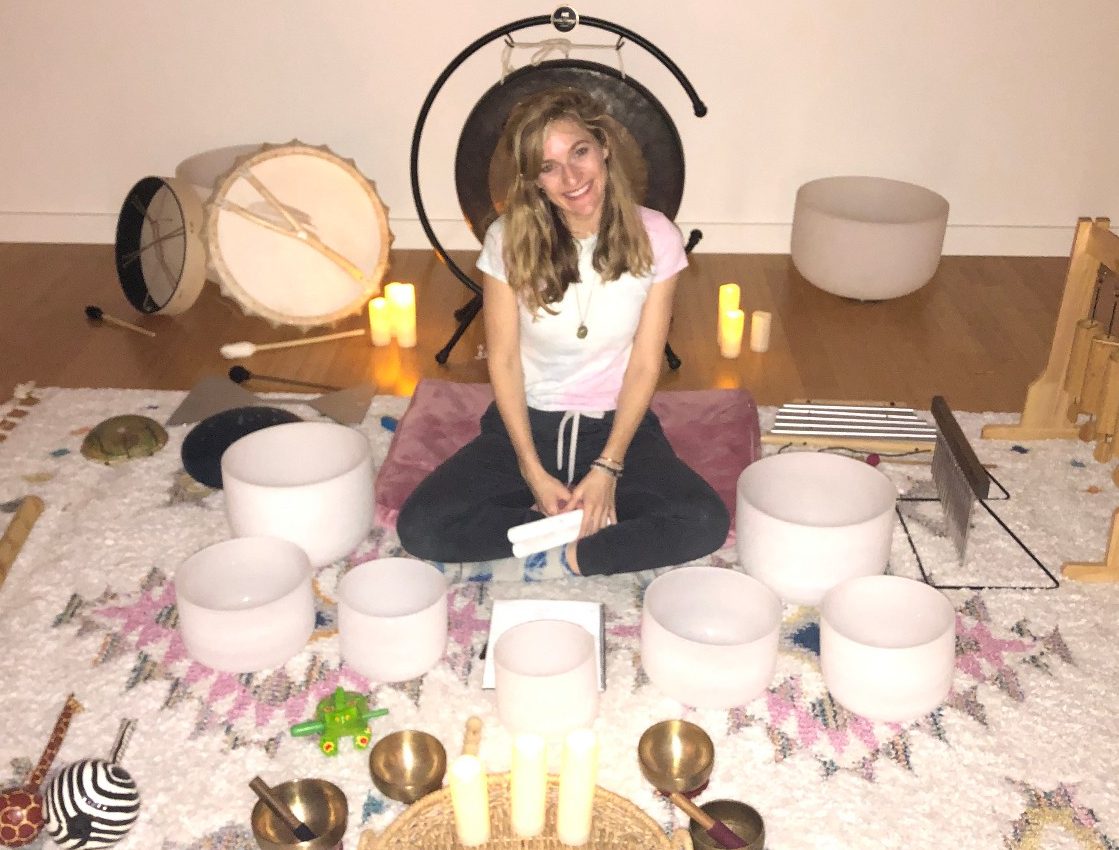
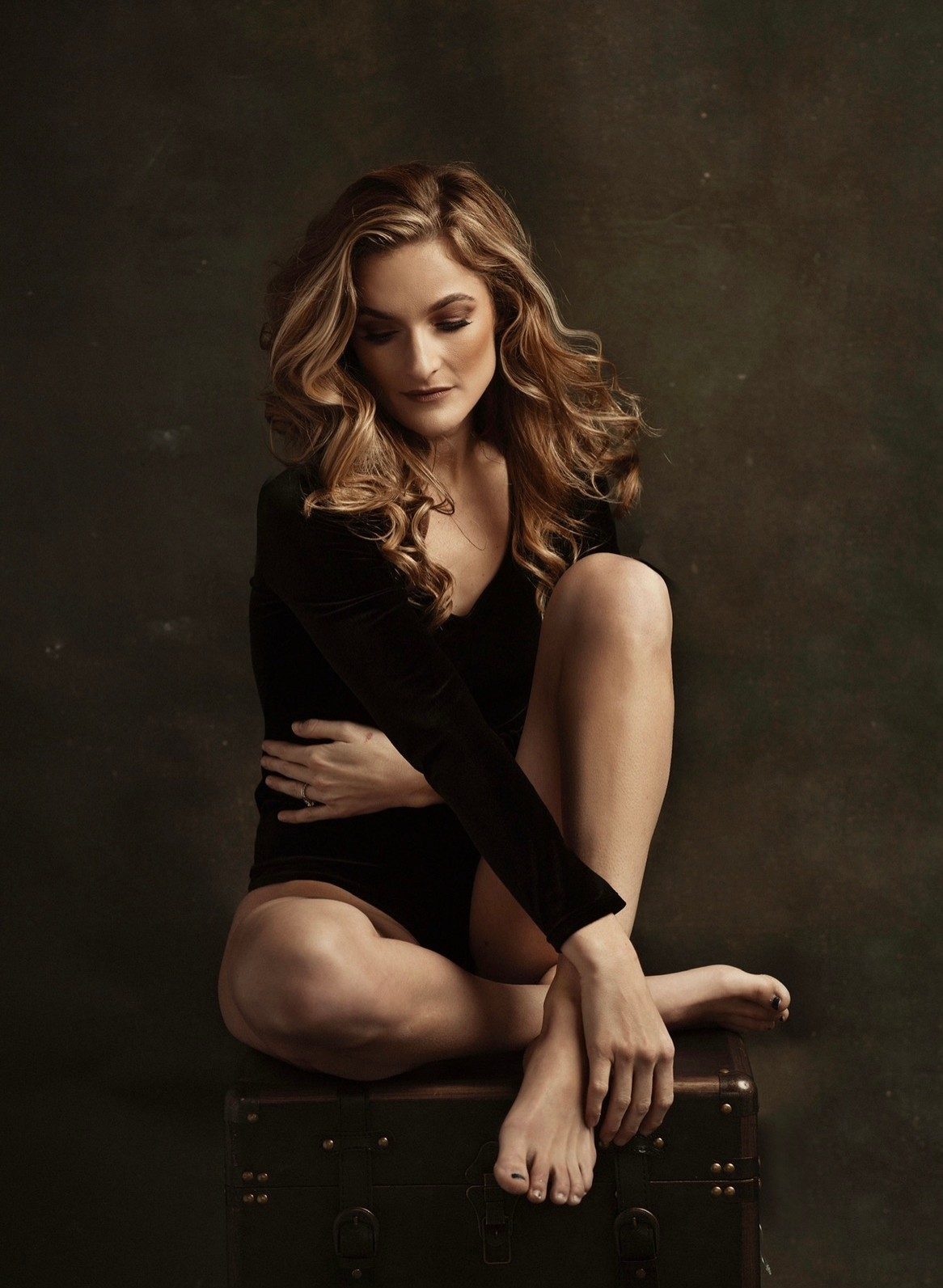

Image Credits
- Dana Patrick
- Will Dickerson
- Lily Anne
- BTS still from Shapeless. Credit: Nick Shamblott
- Shapeless World Premiere at Tribeca Film Festival. credit: Rory Cook
- with daughter Fallon. credit: Kelly Murtagh
- Performing with Will Dickerson at New Orleans Jazz & Heritage Festival. Credit: Darlene Dickerson
- Guiding a Sound Meditation. Credit: Will Dickerson
- Lily Anne
- Tenea Intriago














